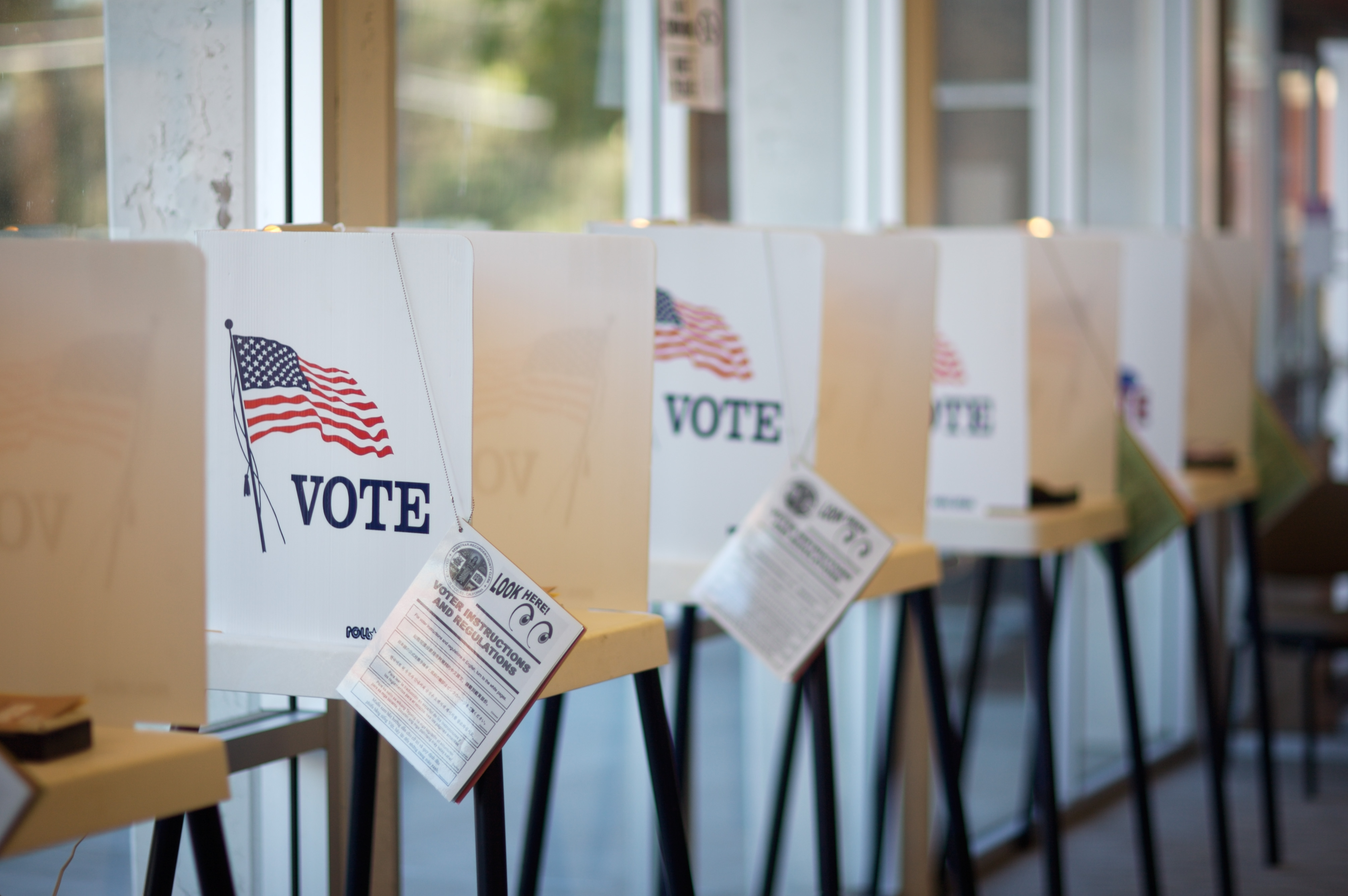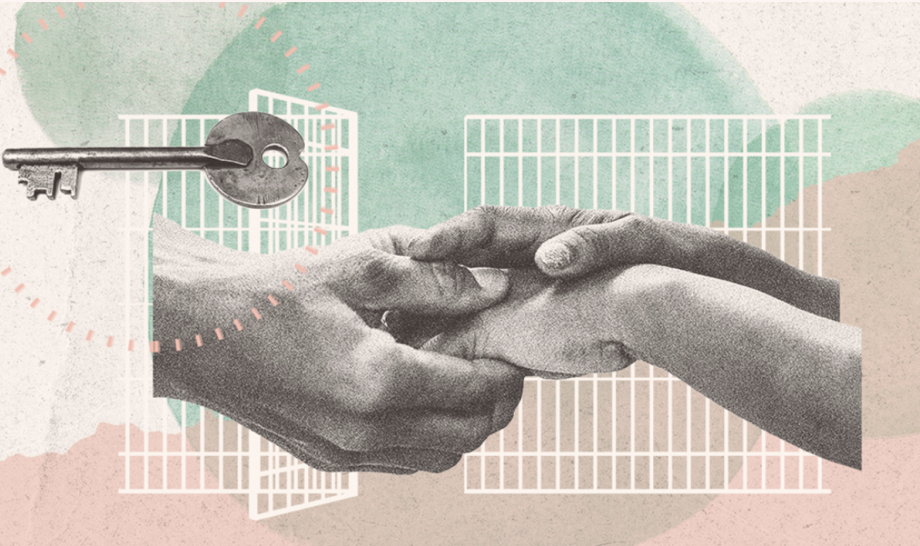The Fines, Fees and Cost Payment Flexibility Bill (HB81), seeks to change how court fees are assessed and repaid so people working to rebuild their lives aren’t burdened with crushing debt or re-incarcerated simply because they can’t immediately afford their fees. Those fees, which are often used to fund government agencies, do nothing to improve public safety and often fall hardest on overpoliced Black and Brown communities already struggling with systemic racism and fewer job opportunities, resulting in lower incomes.
To do that, HB81 would first require that courts consider someone’s ability to pay when assessing fines and fees. If needed, people could then be given the option to pay in installments based on their monthly income.
Currently, people can also be given community service in lieu of court fines. HB81 would expand what counts as community service to include participation in job training, school and rehabilitation programs, which gives people the tools to break out of cycles of financial insecurity often tied to crime.
ACLU of New Mexico’s Senior Policy Strategist Barron Jones talked about the need for this bill in New Mexico.
ACLU of New Mexico: Why is this bill important?
Barron Jones: This bill is important because all too often, New Mexicans find themselves saddled with criminal legal system fines and fees that totally disrupt their lives and create a revolving door into our jail system.
ACLU-NM: What does this bill do?
Barron: There's a misconception that HB 81 eliminates fines and fees in the criminal legal system, but that's not the case. What this bill will do is simply gauge one's ability to pay so we're not saddling individuals with limited income with costly court-ordered fines and fees.
ACLU-NM: What happens when people aren’t able to pay their court fines and fees right away?
Barron: Not being able to pay court-ordered fines and fees can really turn someone’s life upside down. If you get assessed a fine and you can't pay, you can have warrants put out for your arrest and end up in jail. And ending up in jail can have several collateral consequences. You can lose your home. You can lose your vehicle, your car, your job, you might have to abandon educational opportunities. There's so much that can happen. Some folks resort to going to expensive payday loans to pay these fees, and that just creates this cycle of financial insecurity.
ACLU-NM: Why is it important to consider additional options like job training and rehabilitation as part of community service?
Barron: Allowing folks to convert their fines and fees into educational opportunities and job training will help address the underlying causes of crime and incarceration and involvement in the criminal legal system in our state. There's loads of evidence out there that shows that when individuals can participate in educational opportunities and job training, they are less likely to get involved in our criminal legal system or be reincarcerated.
Date
Friday, February 4, 2022 - 11:30amFeatured image


